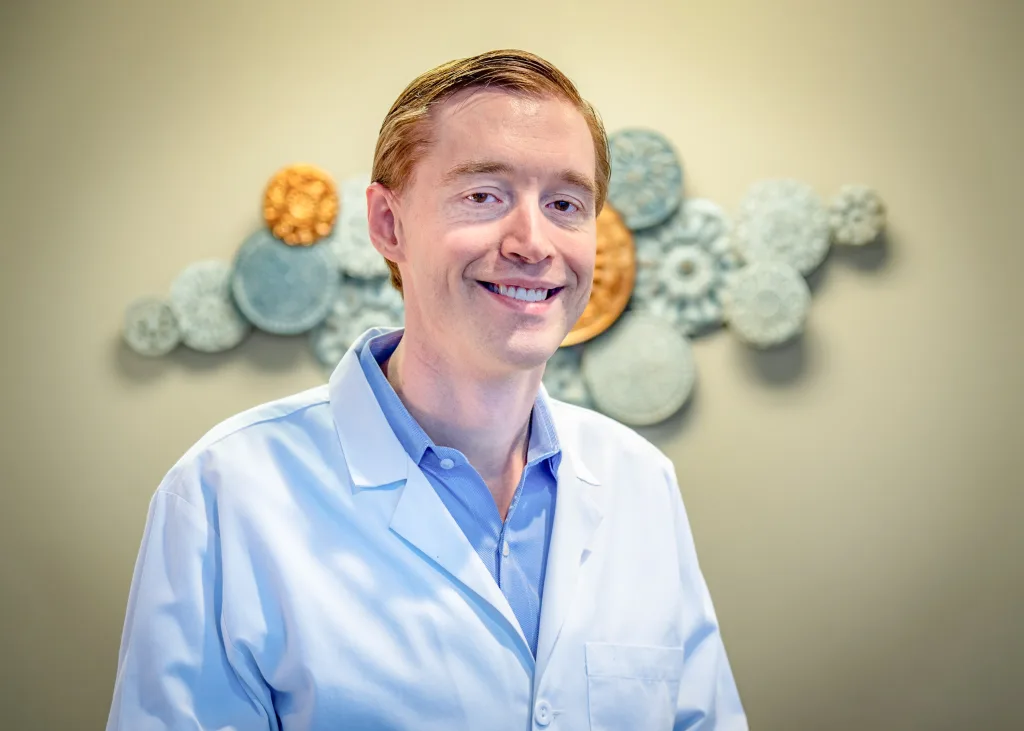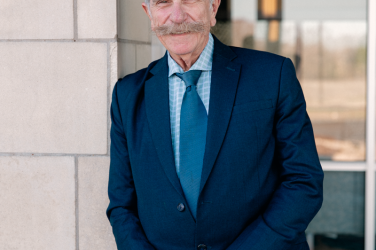
Q&A
What Can I Do for Sensitive Teeth?
The two most common causes for sensitive teeth are bone loss from periodontal (gum) disease and whitening toothpastes. “Whitening” is a term that means more grit in the toothpaste, which makes it more abrasive (like sandpaper) and can cause sensitivity. “Bleaching” is changing the color of a tooth; “whitening” is only surface stain removal. Changing toothpastes can often solve the sensitivity. If that does not solve the problem in a couple of weeks, a visit to your dentist can help find your solution.
I Have a Cavity, How Long Can I Wait?
This really depends on how much risk you like taking. Can a problem wait a few days or weeks? Typically, yes, but that depends on how far along the problem is currently. A cavity can develop in as little as 3-4 months. Dental decay and infections only get worse. We see cases all the time where simple problems end up becoming much larger issues, costing exponentially more time and money to fix than taking care of the problem earlier. Most of our emergency calls are from patients who knew they needed something fixed and just waited a little too long. Many tell me time is the largest concern, but eventually the tooth will decide its own time for you.
Is Sedation Safe?
Absolutely! We have seen patients for sedation almost daily for 14 years without any challenges. Office sedation is a medicated “drunk” state, just without the hangover. Sedation can be a great way to help relieve anxiety or fear. Being able to have dental work done without remembering it has been a huge benefit for millions of people and is what we have been told by patients for years is the best part of their experience. Anxiety holds many people back from getting care they need, but this does not need to be the case.
Can Loose Dentures be Fixed?
Typically, yes. Without tooth roots, the jawbone will shrink over time, leading to dentures no longer fitting. This can be partially corrected in the office by adding more material to your denture (a reline). A more long-term fix would be to add implants, which act like new roots to provide more stability and prevent the bone from shrinking. If you like your current smile, a new denture is not required for either option and there are great solutions for having more stable teeth to eat, speak, and smile.
What are Dental Implants?
Implants are nothing more than artificial roots used to replace missing teeth or to stabilize loose dentures. The most common question I get from patients is “will they hurt?” The procedure to place an implant is minimally invasive and can last a lifetime. Most patients go back to work the same day, with minimal over-the-counter medication, and minimal activity restrictions. We hear all the time that the extraction was the hard part; the implant was easy. History shows that implants are one of the most predictable and successful procedures in dentistry.
About The Expert

Travis Campbell, DDS
380 Family Dentistry
Dr. Travis Campbell graduated from Baylor College of Dentistry in Dallas, and has lived and worked in Collin County since 2009 in his office, 380 Family Dentistry. He has enhanced training in sedation, surgery, implants, and denture cases. He is also one of the top 2% of Invisalign providers in the area. He is known nationwide as an author, coach, and educator of other dentists, but his passion is still helping patients. He spends most of his free time with his wife and two kids. Other interests include talking about science fiction, mysteries, and amazing food.










